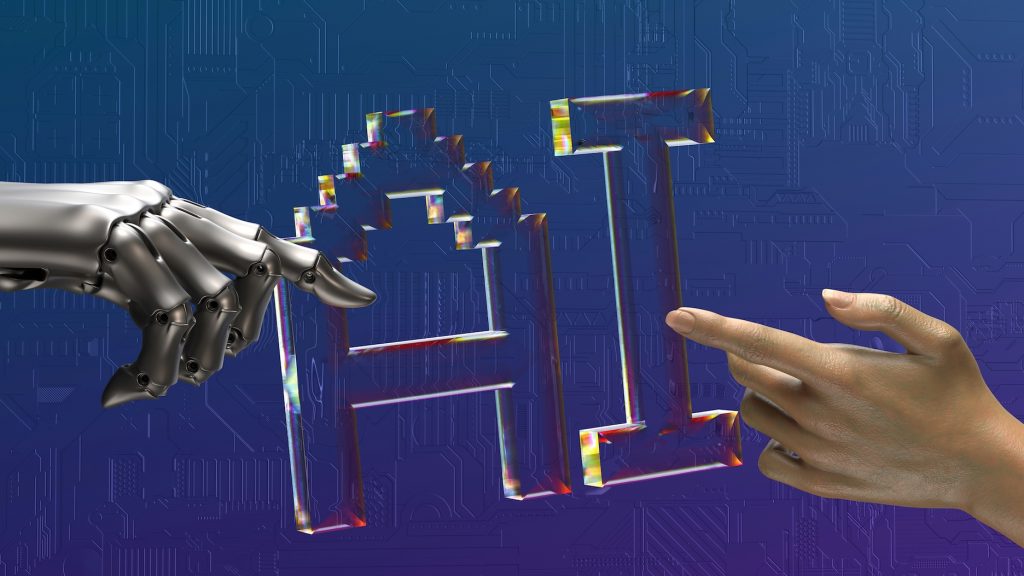A new report from KPMG reveals a trend in AI agent implementation that HR leaders should pay attention to: While organizations are moving briskly from experimentation to piloting AI agents, full deployment has stalled.
AI agents are expected to become a core part of every enterprise technology system in the near future. Global HR tech analyst Josh Bersin has forecast that these agents will soon be introduced and integrated across all HR platforms. “It’s a huge transition in the market,” Bersin has said. “All AI systems are going to start talking to each other, and you’ll be able to conduct transitions in core systems and across systems.”
Workday, Oracle, IBM, Dayforce and other HR tech giants have announced agentic AI capabilities for their customers. The critical topic also will be center stage this fall at the HR Tech conference, which IBM CHRO and 2024 HR Executive of the Year Nickle LaMoreaux will kick off in a keynote titled “HR Agents: Myths, Mayhem and Monumental Moments.”
Although a bottleneck in fully deploying AI agents may seem discouraging, KPMG researchers suggest that the widening gap between pilot projects and full implementation creates valuable opportunities for HR departments.
Read more | AI agents and HR: How the near future might look
The findings on the pace of AI agent implementation come from a survey of 130 U.S.-based C-suite and business leaders at organizations with $1 billion or more in annual revenue. The data shows three distinct stages in the AI agent lifecycle:
Experimentation (35% of organizations)
This initial phase involves testing AI agents in controlled environments, running proof-of-concepts and evaluating potential use cases without committing to full implementation.
Read the full article here.
AI agents are expected to become a core part of every enterprise technology system in the near future.

